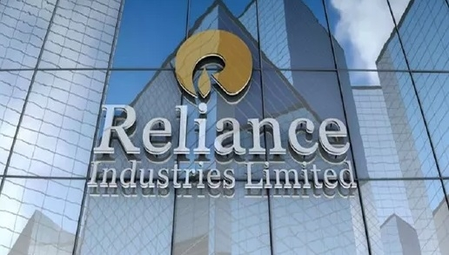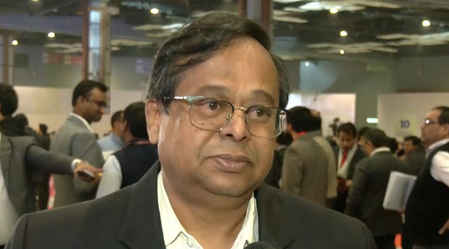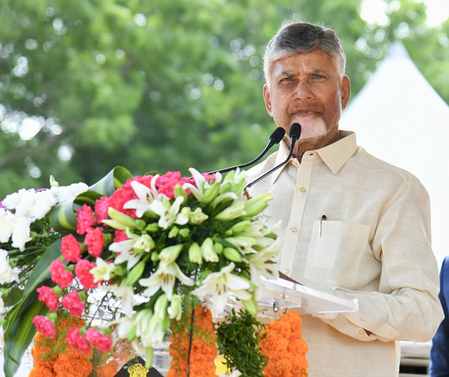
New Delhi, Sep 12 (IANS) India’s bio-economy has experienced remarkable growth, skyrocketing from $10 billion in 2014 to over $130 billion in 2024, with projections to reach $300 billion by 2030, Union Minister of State (Independent Charge) for Science and Technology, Dr Jitendra Singh, said on Thursday.
Speaking at the inaugural ceremony of ‘Global Bio India 2024’ in the national capital, the minister informed there are 30 breakthrough startups, paving the way for the future of biotech.
As India emerges as a global biotech powerhouse, said Dr Jitendra Singh, Prime Minister Narendra Modi will be hailed across the world as the champion of new Biotech Boom, that promises to boost the economy, innovation, jobs, and environmental commitments.
“There are a billion reasons to invest in India. The reasons being India has 60 per cent share of global vaccine production, it has the second highest number of FDA-approved manufacturing plants outside the US,” Singh added.
“Opportunities for investments are available in bio-pharma, bio-agri, bio-industrial, bio-energy, bio-Services and med-tech,” said the minister.
Dr Singh mentioned the BioE3 (biotechnology for economy, employment and environment) policy recently approved by the Union Cabinet under the leadership of Prime Minister Narendra Modi.
Sharing details on the BioE3 Policy, the minister called this policy as the timely intervention at this crucial juncture “for our country in the back drop of global climate change to enable creation of a cleaner, greener, and prosperous India”.
He expressed confidence that the new policy would contribute significantly to the global economy while protecting our environment.
The minister also reiterated the key areas of focus such as bio-based chemicals and enzymes, smart proteins, precision biotherapeutics, climate-resilient agriculture, carbon capture and utilization, and advanced marine and space research.
The BioE3 Policy will support this transformation by establishing cutting-edge biomanufacturing facilities, bio foundry clusters, and Bio-AI hubs.
–IANS
na/




